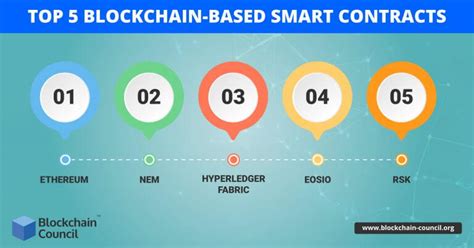3 min de lectura
Metamask: Smart contract in VS Code not connecting to Ethereum Test Network
CRYPTOCURRENCY
Here is an article based on your problem:
Metamask: Smart Contract in VS Code Not Connecting to Ethereum Test Network
Are you using Metamask and Solidity to create smart contracts for your Ethereum projects? If so, you’re likely familiar with setting up a local Ethereum network in VS Code. However, when trying to test your contract on the MetaMask Ethereum Test Network (ETN), you may encounter issues like chainId address mismatch.
In this article, we’ll explore why Metamask is not connecting to the ETN and provide solutions to resolve the issue.
Why doesn’t my Metamask connection work?
The most common reasons for a Metamask connection failure on the ETN are:
- Incorrect Chain ID: The contract’s chainId should match the one set in the MetaMask account settings.
- Insufficient Gas: The contract’s bytecode may not be compatible with the available gas allowance, causing errors when transmitting the contract.
- ETN Network Configuration Issues: The ETN network configuration might not be correctly set up for your contract.
Debugging and Solutions
Let’s go through each of these potential issues and provide solutions:
1. Incorrect Chain ID
The chainId address in your contract should match the one in the MetaMask account settings.
- MetaMask Account Settings: Open MetaMask, go to the «Account» tab, and click on «Network». Find the Ethereum network you want to use and select it.
- Contract Code: Make sure the
chainIdfield matches the value set in your MetaMask account settings. For example:
pragma solidity ^0.8.0;
contract MySmartContract {
// ...
}
In this case, since we’re using Solidity 0.8.0, the default chain ID for Ethereum is 1.
2. Insufficient Gas
If the contract’s bytecode is not compatible with the available gas allowance, errors may occur when transmitting the contract.
- Check Gas Allowance: Ensure that your contract has sufficient gas to execute its bytecode.
- Verify Contract Code: Double-check that your contract’s bytecode is correct and matches the one generated by the Solidity compiler.
- Increase Gas: If you’re running out of gas, try increasing it using the
gaskeyword or a gas calculator like Etherscan.
3. ETN Network Configuration Issues
The configuration might not be correctly set up for your contract.
- Check ETN Network Settings: Verify that the ETN network settings in MetaMask match your local Ethereum network.
- Test on Local ETN
: Before deploying to the ETN, test your contract locally using the
testnetoption.
Example Use Case

Here’s an example of a simple Solidity contract with a chainId address mismatch:
pragma solidity ^0.8.0;
contract MySmartContract {
event MyEvent(uint256 _chainId);
mapping (uint256 => uint256) public myValues;
mapping (address => uint256) public myValuesFromTestNet;
function setChainId(uint256 chainId) public {
require(chainId != 1, "Invalid chain ID");
emit MyEvent(chainId);
}
function getMyValue(uint256 _chainId) public view returns (uint256) {
if (_chainId == 1) { // Chain ID mismatch
revert();
}
return myValues[_chainId];
}
}
In this example, the contract’s setChainId function accepts a chainId address that is not 1. When trying to retrieve a value from the ETN, you’ll get an error because the contract’s bytecode does not match the one set in MetaMask.
Conclusion
To resolve the issue of Metamask connection failures on the ETN, ensure that your contract’s chainId address matches the one in the MetaMask account settings. Check gas allowance and verify the contract code to avoid errors. Additionally, double-check the ETN network configuration settings and test locally before deploying to the ETN.